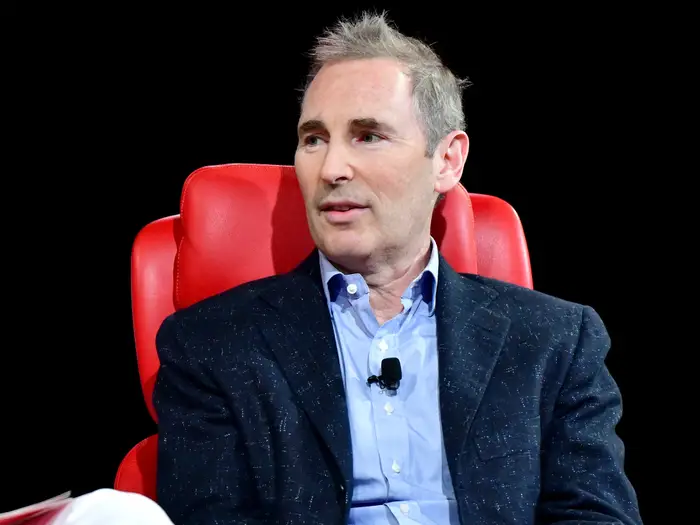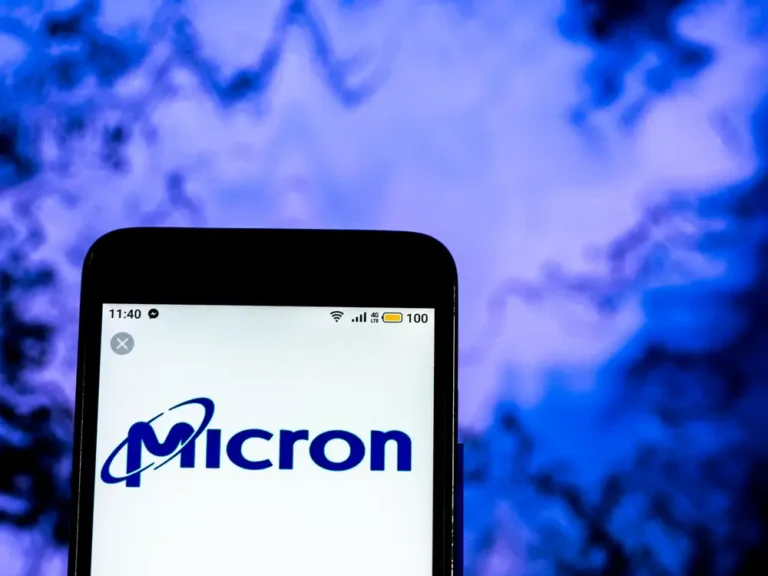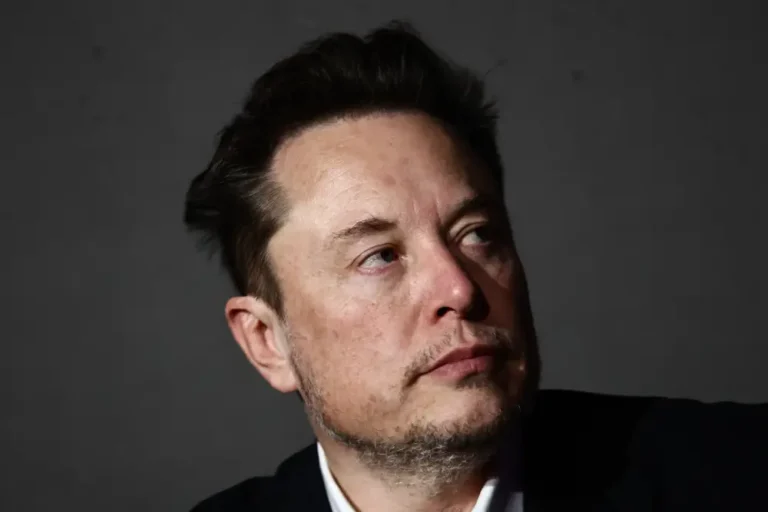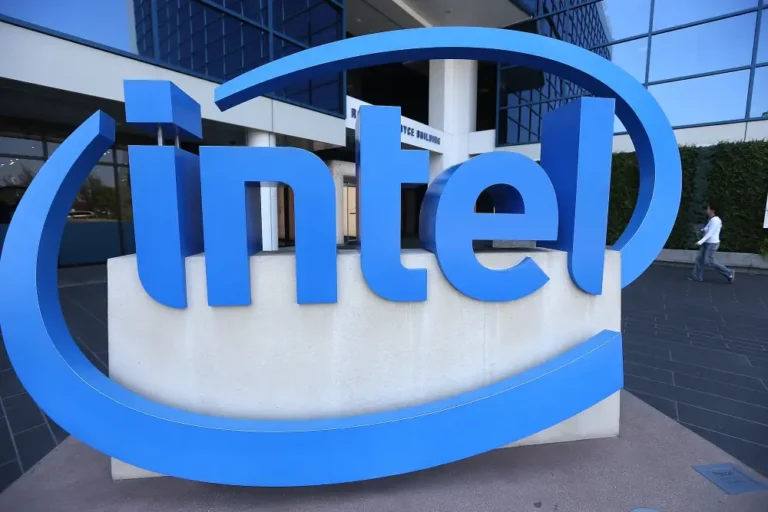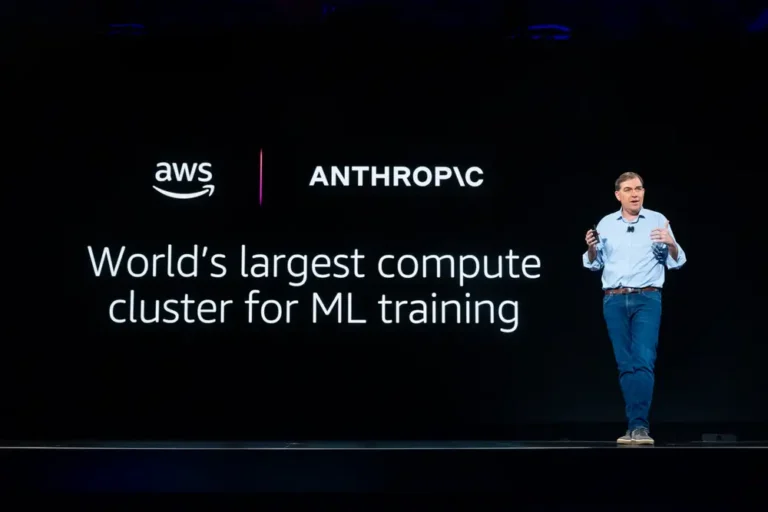Sam Altman may be in his villain era, but no one seems to care

Sam Altman had an undeniably bad start to the year.
Less than 12 months ago, the wunderkind of artificial intelligence seemed invincible. His sudden ousting as the CEO of OpenAI, the maker of ChatGPT, in November, was met with rallying cries of outrage from his employees and the tech world. The banishment didn’t last long — fewer than five days, to be precise.
As one VC partner told B-17 at the time: “Sam is bigger than Taylor Swift.”
But the bigger you are, the faster the fall, and a few months later, things began to unravel.
Skeptics began to murmur to the media about the picture of a future that his wide scope of investments seemed to paint. Some likened it to a dystopian sci-fi movie, one where machines ruled the world. Others simply said Altman was overhyped, that he didn’t have all the answers that the public and investors seemed to expect of him.
Then, Altman’s shiny image began to tarnish even further.
In May, he made an enemy of Oscar-winner Scarlett Johansson when ChatGPT’s new GPT-4o model used an uncannily similar sounding voice to the character she voiced in the — again — dystopian sci-fi movie “Her.” The blowback was so fierce that Time Magazine recently named Johansson, who said she had refused to voice the technology, one of the most influential people in AI. (OpenAI’s response was messy; it pulled the voice and admitted to a lack of internal communication regarding the matter.)
Meanwhile, around the same time, some of the company’s top talent began leaving — and not all that quietly. Its cofounder and chief scientist Ilya Sutskever and machine learning researcher Jan Leike, who together led the company’s team dedicated to safety, quit, joining others who had stepped down.
“Over the past years, safety culture and processes have taken a backseat to shiny products,” Leike wrote in a series of social media posts announcing his departure.
Reports surfaced that other employees were unhappy with safety standards around the evolution of AI at the company — and that they felt they couldn’t speak out due to unusual NDAs. A group of nine former and current employees did come forward, blowing the whistle on a culture where financials seemed to overshadow safety, products appeared rushed out, and criticism was clamped down on. The concerns seemed to mirror those of former board members.
By July, things quieted down in the news cycle, but it hasn’t been smooth sailing internally at OpenAI. Two other leaders left — one joining Leike at rival Anthropic — and president Greg Brockman has taken an extended leave of absence. Only two OpenAI cofounders remain at the company.
But all that chaos appears not to matter that much. Thanks to good old-fashioned capitalism, Altman and OpenAI have enjoyed business win after win and held their positions as the leaders in the aggressive AI race.
In June, Apple announced a landmark deal with the artificial intelligence company. The Silicon Valley giant will rely on OpenAI’s technology for certain products, allowing the ChatGPT-maker to reach the billions of people with Apple devices. The deal sealed its importance with the world’s two biggest companies — Apple and Microsoft, which has a multibillion-dollar investment in OpenAI — and its technology will now be able to permeate Bing, Word, Siri, and more.
More recently, reports have surfaced that OpenAI is looking to raise money, andseemsooks like everyone who is anyone in the world of technology, from Apple to Nvidia, wants a piece of Altman. The round, which is $6.5 billion, is said to give OpenAI a valuation of $150 billion — more than the market cap of Goldman Sachs and almost double its most recent valuation of $86 billion — which would make it one of the most valuable private companies in the world.
The interest in participating in the investment proves that when it comes to AI, OpenAI and Altman are still in the lead and have the faith of many of tech’s biggest players.
And then, earlier this week, the company launched its newest model, OpenAI o1, previously referred to by the codename Strawberry and much awaited by OpenAI fanboys. The latest release, which Altman touted with humility, can solve problems with “complex reasoning” and “performs similarly to PhD students on challenging benchmark tasks in physics, chemistry, and biology.” To soothe the skeptics, the company noted that the new model offers “significant advances for safety and alignment.”
“It is amazing, still limited, and, perhaps most importantly, a signal of where things are heading,” Wharton professor Ethan Mollick wrote in his review of the new technology.
Sprinkle in a few good PR moments — promising to give away a majority of his fortune by signing the Giving Pledge, pictures of him smiling from Sun Valley with the likes of Anderson Cooper and Josh Kushner — and it looks like things are on the up for Mr. Altman. When he was spotted in a $4.6 million sportscar, it didn’t give rise to criticism from the masses, but words of thanks from ChatGPT users who seemed genuinely happy for him.
He even got Oprah Winfrey herself to seal the deal.
“I thought Sam Altman did a really good job in the special,” she told The Washington Post in a discussion about her TV program on artificial intelligence. “He surprised me in his clarity and efficacy and being able to speak about it in a language that humans can understand. I didn’t expect that.”


